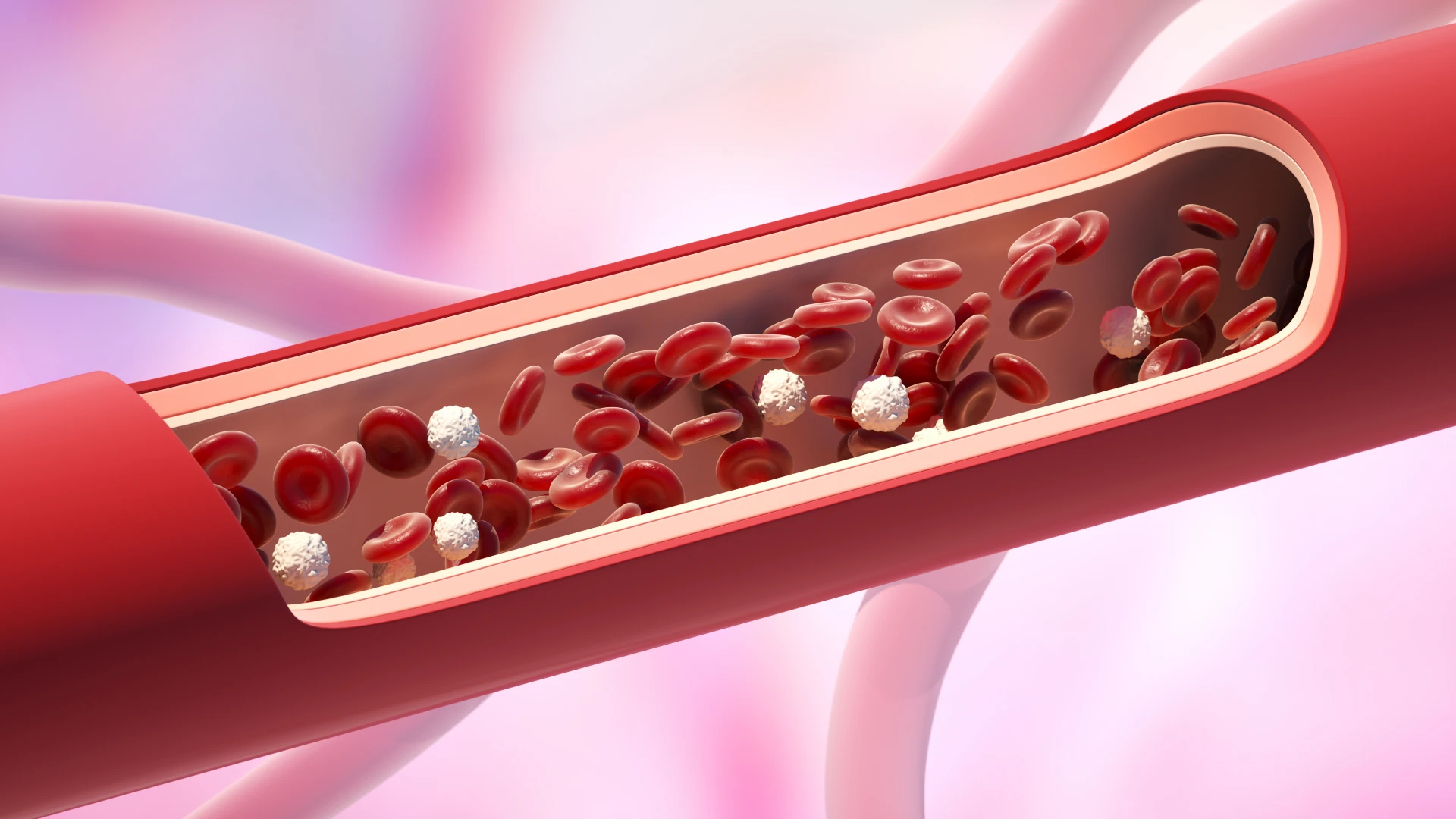Ways to Naturally Lower Your Cholesterol
Maintaining healthy cholesterol levels is essential for your heart and overall well-being. High cholesterol can lead to serious conditions such as heart disease, stroke, and other cardiovascular issues. The good news is that there are natural ways to manage your cholesterol without relying solely on medication. In this post, we’ll explore effective, natural strategies to help you lower your cholesterol levels and promote heart health.
Understanding Cholesterol
Cholesterol is a waxy substance found in your blood. While your body needs some cholesterol to build healthy cells, too much cholesterol, particularly low-density lipoprotein (LDL or “bad” cholesterol), can increase the risk of heart disease. High-density lipoprotein (HDL or “good” cholesterol) helps remove excess cholesterol from your bloodstream. Balancing these types of cholesterol is key to maintaining heart health.
- Embrace a Heart-Healthy Diet
Diet plays a critical role in managing cholesterol levels. The food you eat can raise or lower your cholesterol, so making wise choices can significantly impact your overall cholesterol profile.
Eat More Soluble Fiber
Soluble fiber can reduce the absorption of cholesterol into your bloodstream. Foods high in soluble fiber include:
- Oats and oat bran
- Barley and other whole grains
- Beans, lentils, and peas
- Fruits like apples, oranges, and pears
- Vegetables such as Brussels sprouts and carrots
Soluble fiber binds with cholesterol in your digestive system and helps eliminate it from the body, which can lead to lower LDL cholesterol levels.
Opt for Healthy Fats
Not all fats are created equal. Replace saturated fats (found in red meat and full-fat dairy products) with healthier fats, like:
- Olive oil
- Avocados
- Nuts and seeds
- Fatty fish such as salmon and mackerel
These sources of unsaturated fats can help raise your HDL cholesterol while lowering LDL cholesterol.
Reduce Trans Fats
Trans fats are particularly harmful as they both raise LDL and lower HDL cholesterol. These unhealthy fats are often found in processed foods, such as:
- Margarine
- Fried foods
- Baked goods (like cookies and cakes)
When shopping, check food labels for “partially hydrogenated oils” to avoid trans fats.
- Increase Physical Activity
Regular exercise is an excellent way to lower cholesterol levels and improve heart health. Physical activity helps boost your body’s HDL cholesterol while lowering your LDL cholesterol and triglycerides. Aim for at least 150 minutes of moderate-intensity aerobic exercise a week.
Simple Exercises to Start:
- Brisk walking or jogging
- Swimming
- Biking
- Dancing
- Strength training
The combination of aerobic exercises and resistance training is particularly effective in managing cholesterol levels and maintaining a healthy weight, which can further improve your cardiovascular health.
- Maintain a Healthy Weight
Carrying extra weight can contribute to higher cholesterol levels. Losing even a modest amount of weight can significantly lower your LDL cholesterol and triglycerides, while boosting your HDL cholesterol. A healthy weight also reduces the risk of other conditions linked to high cholesterol, such as diabetes and hypertension.
Simple Weight Management Tips:
- Reduce portion sizes and eat smaller, more frequent meals
- Choose whole foods over processed options
- Drink plenty of water throughout the day
- Avoid sugary beverages and snacks
Making these small, sustainable changes can help you reach and maintain a healthy weight, improving your cholesterol levels naturally.
- Quit Smoking and Limit Alcohol
Smoking damages blood vessels and lowers your HDL cholesterol, which makes it harder for your body to remove bad cholesterol. Quitting smoking can improve your HDL levels and lower your risk of heart disease. If you smoke, consider working with a healthcare provider to develop a cessation plan.
Additionally, moderate alcohol consumption can raise HDL cholesterol, but excessive drinking can increase LDL cholesterol and triglycerides. If you choose to drink alcohol, limit your intake to no more than one drink per day for women and two for men.
- Try Natural Supplements
Several natural supplements have been shown to lower cholesterol levels. Always consult with a healthcare provider before adding any supplements to your routine, especially if you’re taking prescription medications.
Popular Natural Cholesterol-Lowering Supplements:
- Plant Sterols: Found in plants, these substances help block cholesterol absorption in the digestive system.
- Omega-3 Fatty Acids: Found in fish oil, omega-3s can reduce triglycerides and improve heart health.
- Psyllium Husk: A source of soluble fiber, psyllium husk can help lower LDL cholesterol when added to your diet.
- Red Yeast Rice: This traditional remedy contains naturally occurring statins that may help reduce cholesterol levels.
- Manage Stress
Chronic stress can contribute to high cholesterol levels. When you’re stressed, your body releases hormones that may cause your cholesterol levels to spike. Managing stress effectively can benefit both your mental and physical health.
Simple Stress-Reduction Techniques:
- Meditation and mindfulness practices
- Deep breathing exercises
- Yoga or tai chi
- Spending time outdoors or in nature
- Engaging in hobbies and activities you enjoy
Incorporating these stress-management strategies can help lower your cholesterol and promote overall well-being.
Conclusion: Take Control of Your Cholesterol Naturally
Lowering your cholesterol naturally is possible with a few simple lifestyle changes. By adopting a heart-healthy diet, increasing physical activity, maintaining a healthy weight, and managing stress, you can significantly improve your cholesterol levels and reduce your risk of heart disease. Remember, consistency is key. Small changes made over time can lead to lasting results.
For more tips on improving your overall health and wellness, check out our other blog posts on exercise benefits and how stress affects your body. Stay healthy, stay strong!


